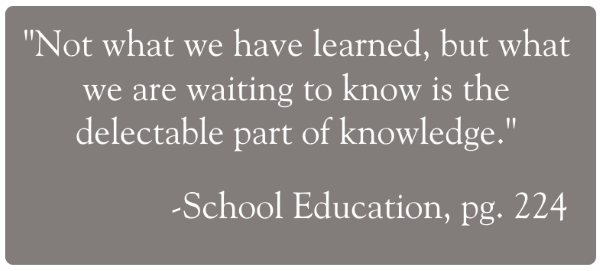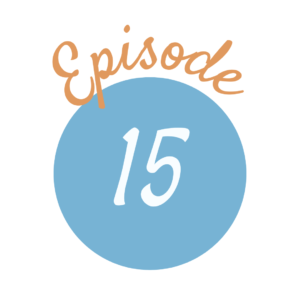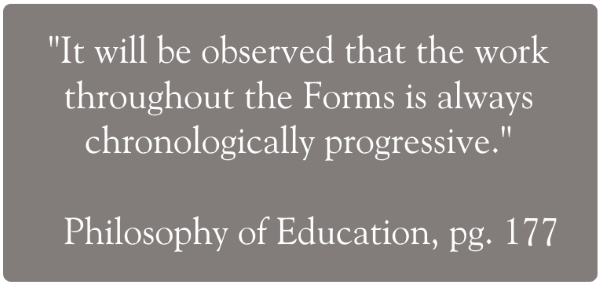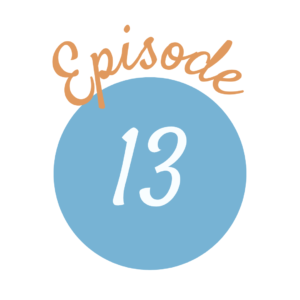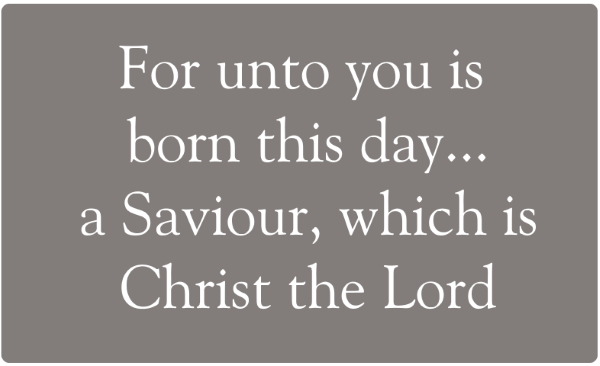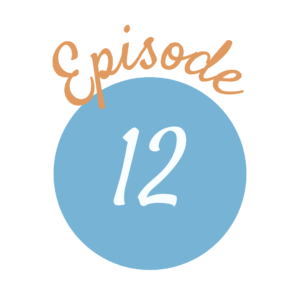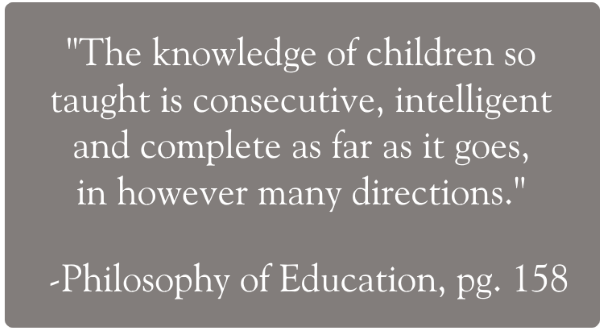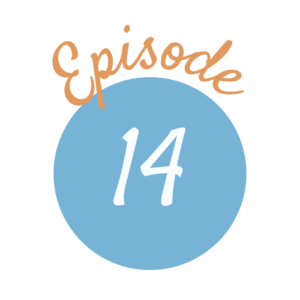
When we are clear in the direction we are headed in our children’s history studies, know the time period and the order and the streams to cover, what books will we use to explore those unfathomable numbers of events and characters in history? Is a spine necessary? What is the real value of a biography? How much should we be concerned about the historical accuracy of the account we are reading? Explore these ideas with us in this episode.
Listen Now:
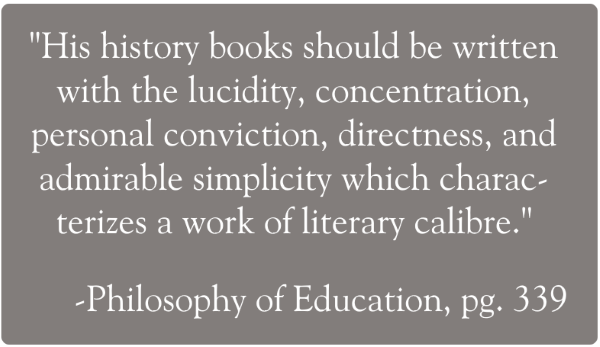

“[B]ut let the mother beware: there is nothing which calls for more delicate tact and understanding sympathy with the children than this apparently simple matter of choosing their lesson-books, and especially, perhaps, their lesson-books in history.” (Vol. 1, pg. 289)
“We know that young people are enormously interested in the subject and give concentrated attention if we give them the right books.” (Vol. 6, pg. )
“The knowledge of children so taught is consecutive, intelligent and complete as far as it goes, in however many directions.” (Vol. 6, pg. 158)
“In Form IV the children are promoted to Gardiner’s Student’s History of England, clear and able, but somewhat stiffer than that they have hitherto been engaged upon.” (Vol. 6, pg. 176)
“Of all the pleasant places in the world of mind, I do not know that any are more delightful than those in the domain of History. Have you ever looked through a kinetoscope? Many figures are there, living and moving, dancing, walking in procession, whatever they happened to be doing at the time the picture was taken. History is a little like that, only much more interesting, because in these curious living photographs the figures are very small and rather dim, and most attentive gazing cannot make them clearer; now, History shows you its personages, clothed as they were clothed, moving, looking, speaking, as they looked, moved, and spoke, engaged in serious matters or in pleasures; and, the longer you look at any one person, the more clearly he stands out until at last he may become more real to you than the people who live in your own home.” (Vol. 4, pg. 36)
“The fatal mistake is in the notion that he must learn ‘outlines,’ or a baby edition of the whole history of England, or of Rome, just as he must cover the geography of all the world. Let him, on the contrary, linger pleasantly over the history of a single man, a short period, until he thinks the thoughts of that man, is at home in the ways of that period. Though he is reading and thinking of the lifetime of a single man, he is really getting intimately acquainted with the history of a whole nation for a whole age.” (Vol. 1, pg. 280)
“Literature is dangerous–except when taken in large doses.” –Martin Cothran (quoted here.)

Recommendations for Form IB (Heroic Age):
Recommendations for Form I:
Recommendations for Forms II-III:
American History
British History
| Our Island Story, H.E. Marshall |
In Print, does not cover 20th Century |
| Story of Britain, Patrick Dillon |
In Print, covers 1066 to 2011 |
| Story of Britain, R.J. Unstead |
Out of Print, covers up to 1960s, also available as 4 individual paperback volumes, easier to find |
Ancient History
|
Dorothy Mills’ History Books
(Ancient World, Ancient Greeks, Ancient Romans, Middle Ages)
See Teacher Help for specific chapters to assign
|
Reprints available |
Helene Guerber’s History Books
(Ancient Greece, Ancient Romans, Story of the Middle Ages, ed. by Christine Miller) |
Available online, also reprinted by Yesterday’s Classics |
Recommendations for Forms IV-VI:
American History
European History
Ancient History
Biography Recommendations:
(Contains affiliate links)

A wonderful resource with reviews of living books series, See especially Messner Biographies, Signature Series, Garrard History Series Books, and Landmark Books
A Teacher Help is available to breakdown Dorothy Mills’ Ancient History Spines into appropriate amounts to read each term.
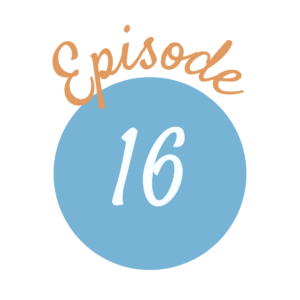
The March of Folly, Barbara Tuchman
Hannah Coulter, Wendell Berry

